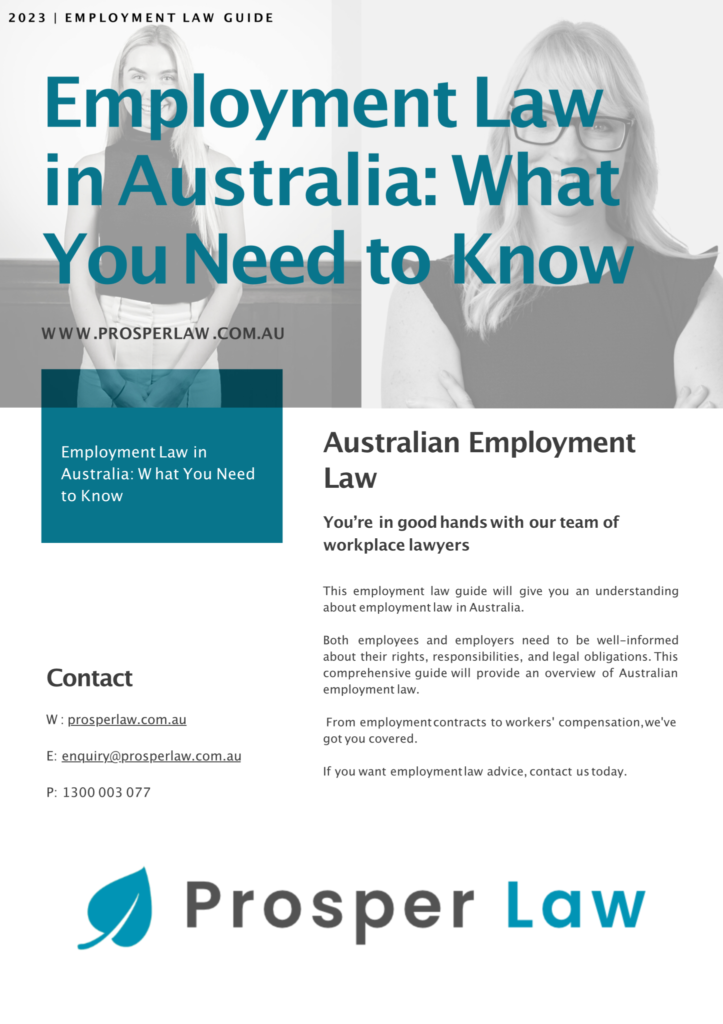The Bill is currently being debated in the Australian Parliament. It was introduced to the House of Representatives on 5 September 2023, and passed its second reading on 16 November 2023.
The bill is currently before the Senate Education and Employment Legislation Committee, which will report on 1 February 2024.
If both Houses of Parliament approve the bill and it receives Royal Assent, it’s likely to become law in early 2024. However, the exact date depends on how the legislative process goes and whether amendments are made to the bill.







